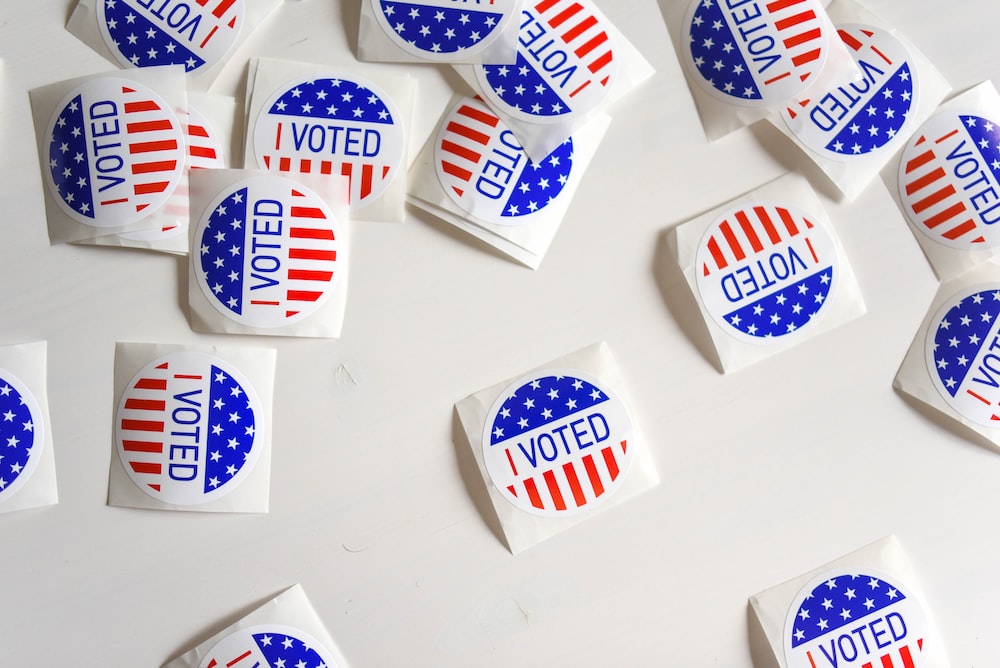A Dane County, Wisconsin, Circuit Court judge ruled Tuesday that voters with print disabilities will be able to receive their absentee ballots by email starting in November.
Voters who demonstrate a print disability, including voters with visual impairments or physical disabilities that impair manual dexterity, may request that city clerks email them their absentee ballot.
The judge’s preliminary injunction requires the Wisconsin Board of Elections to make ballots sent by email accessible so they can be read and completed with commercially available technology, such as screen readers.
Get the latest news
Sign up for WPR’s email newsletter.
“The right to a secret ballot is a core principle of our democracy,” said Erin Deeley, an attorney for the plaintiffs. “It is a right that all voters have under federal and state law, and this ruling makes clear that voters with disabilities are no exception.”
The Wisconsin Disability Rights Association, the League of Women Voters of Wisconsin and four voters with disabilities filed the initial lawsuit against the Wisconsin Elections Commission in April.
Military personnel and people living permanently overseas can already download their ballots from an online portal or have their ballots mailed to them by city clerks. People who are temporarily overseas can also receive their ballots by mail.
Under current Wisconsin law, all voters must return their ballots by mail.
Debra Kronmiller, executive director of the League of Women Voters of Wisconsin, said she would eventually like to see the change for voters with disabilities as well.
“We also hope to eventually allow blind and low vision voters who vote in person to return that ballot electronically so they don’t necessarily need someone to intervene,” Kronmiller said.
Ahead of Monday’s hearing, the plaintiffs decided to initially focus their lawsuit on absentee voting for the November election, not the August primary, for which ballots have already been drawn up.
Lawyers for the elections board said ballots for the November election need to be approved by the end of August, arguing that’s not enough time to implement the changes sought in the lawsuit.
Kristin Kirschensteiner, director of legal and advocacy services for the Wisconsin Disability Rights Coalition, said she believes there is enough time to make the changes needed to comply with the judge’s ruling.
“Our understanding is from the testimony of (WEC) Administrator (Megan) Wolf and the declarations that they have filed that that is possible,” Kirschensteiner said.
A representative for the Wisconsin Elections Commission did not respond to a request for comment.
But the plaintiffs said they expect the injunction to be appealed.
“This is a first step and there’s a long way to go, but it will bring about equality where people who are print-illiterate can cast a secret ballot just like everyone else,” Kirschensteiner said.
Absentee voting has been a contentious issue in the state, where four of the last six presidential elections have been decided by less than 1 percentage point.
According to the lawsuit, local governments in Wisconsin distributed electronic absentee ballots to anyone who wanted one until a 2011 law limited that option to only deployed military members and those permanently overseas.
Wisconsin Public Radio, © Copyright 2024, University of Wisconsin System Board of Regents and Wisconsin Educational Communications Commission.

